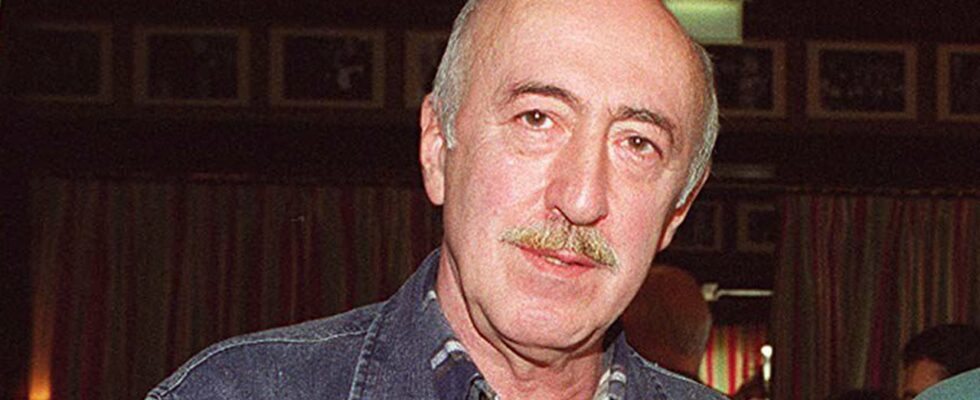A singular director, Otar Iosseliani is the author of a poetic and lucid work. He died this Sunday, December 17, at the age of 89. Cinephiles will remember “The Butterfly Hunt” and “Farewell, Cow Floor!”.
There are filmmakers whose mere evocation is enough to summon singular and iconoclastic film-loving memories. Otar Iosseliani was one of them. He died this Sunday, December 17, at the age of 89.
Moscow film school
After studying piano, mathematics and mechanics, Otar Iosseliani turned to the 7th Art at VGIK, the Moscow film school. He made several short films there and a medium-length film in 1961, entitled Avril, which was banned by the local authorities. A misadventure which recurs in particular with The Fall of Leaves, his first feature film. “These films were not anti-Soviet. They described the reality that could do without the system, the human problems that continued to exist and which, perhaps, for the censors, underlined the passing side of Bolshevism”explains the filmmaker.
His career in France
Since 1982, Otar Iosseliani has continued his career in France with Les Favorites de la lune and La Chasse aux fleurs. But the filmmaker remains faithful to his method, namely: “use the means of comedy, talk about the most serious things with a smile”. Recognition arrives with Adieu, floor of cows!, selected out of competition at Cannes and winner of the Louis-Delluc, Goncourt prize for French cinema. The filmmaker returned to the Croisette in 2000 to chair the Caméra d’Or jury. He chose to reward Djomeh, the story of the boy who fell in love and A Time for the Drunkenness of Horses, thus encouraging young Iranian cinema.
In 2001, Otar Iosseliani returns with Lundi matin, selected at the Berlin Festival. With Gardens in Autumn in 2006, he painted the portrait of a politician who, forced to resign, regained a taste for the small pleasures of life. Three years later, the filmmaker returned to directing with Chantrapas, a subtle reflection on the creative conditions of a Georgian filmmaker, forced into exile in the face of his country’s censorship.
